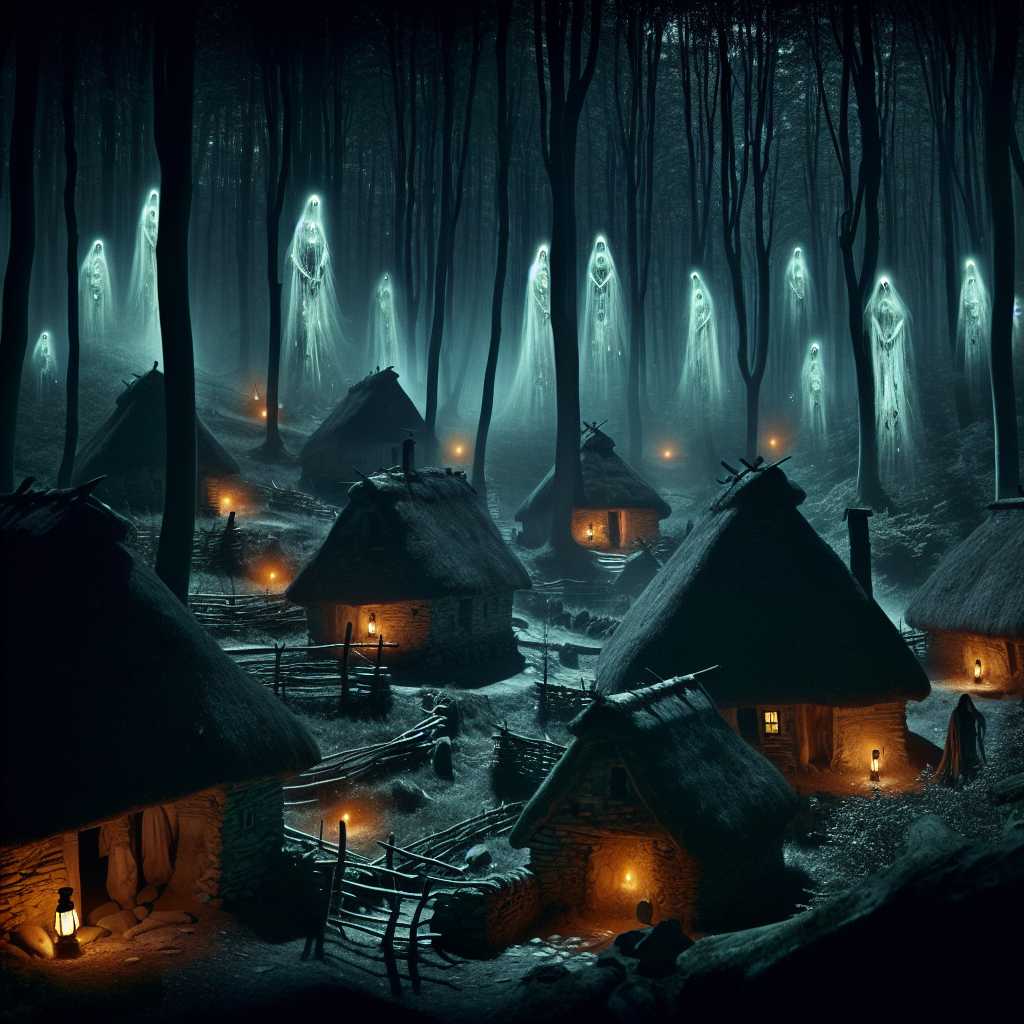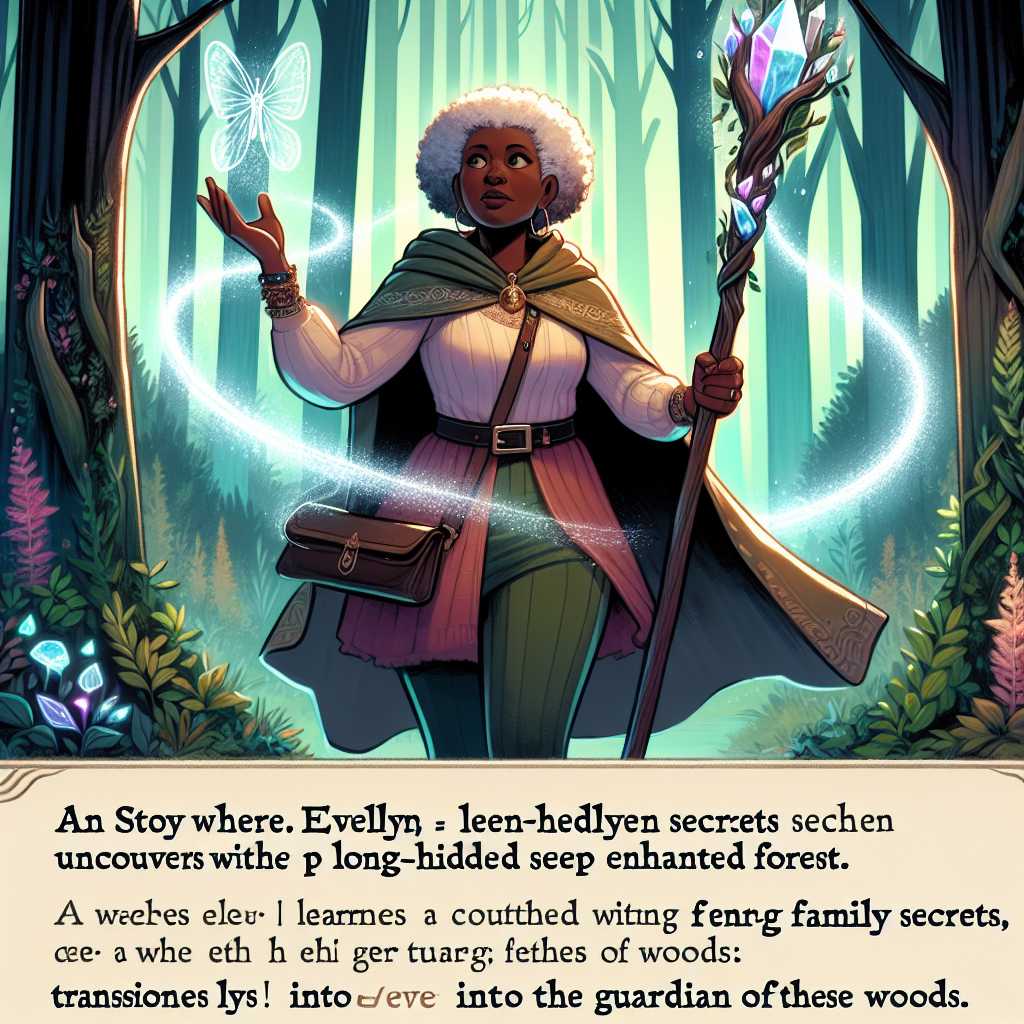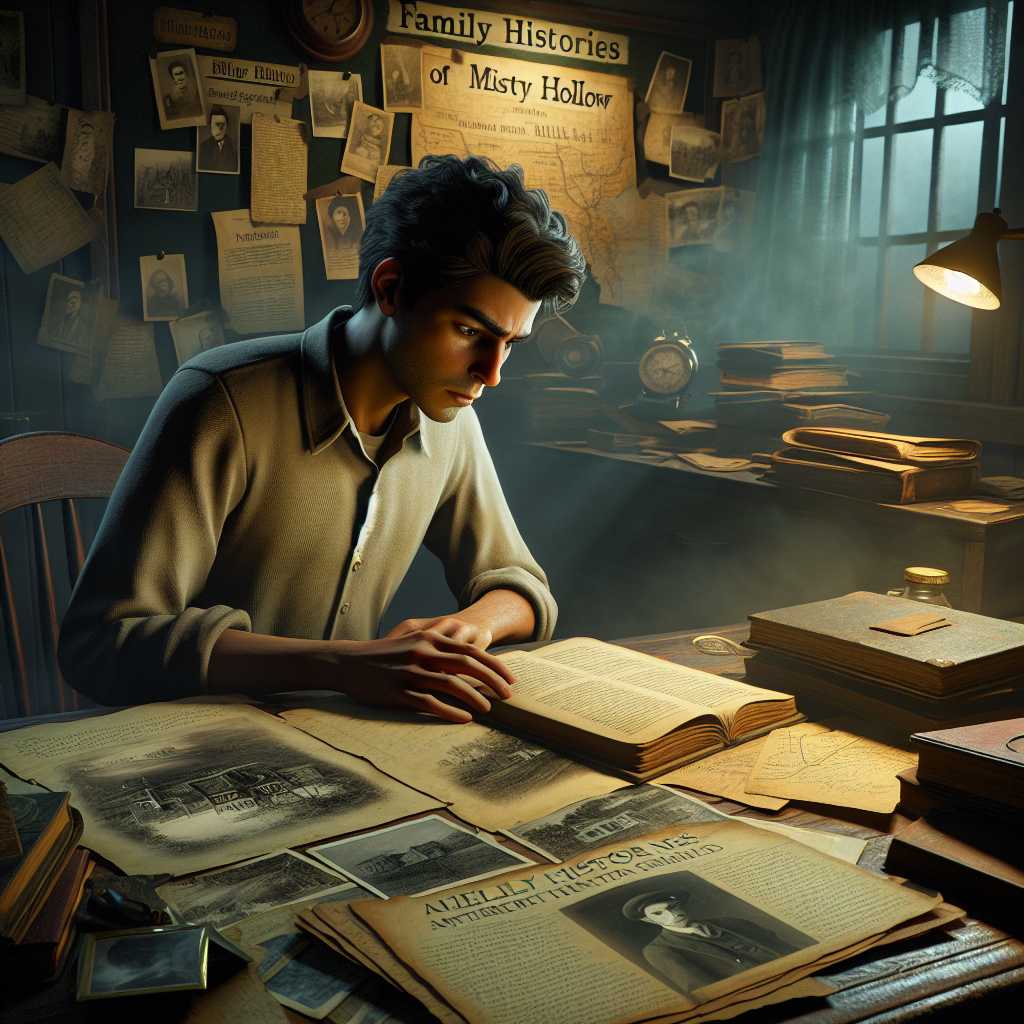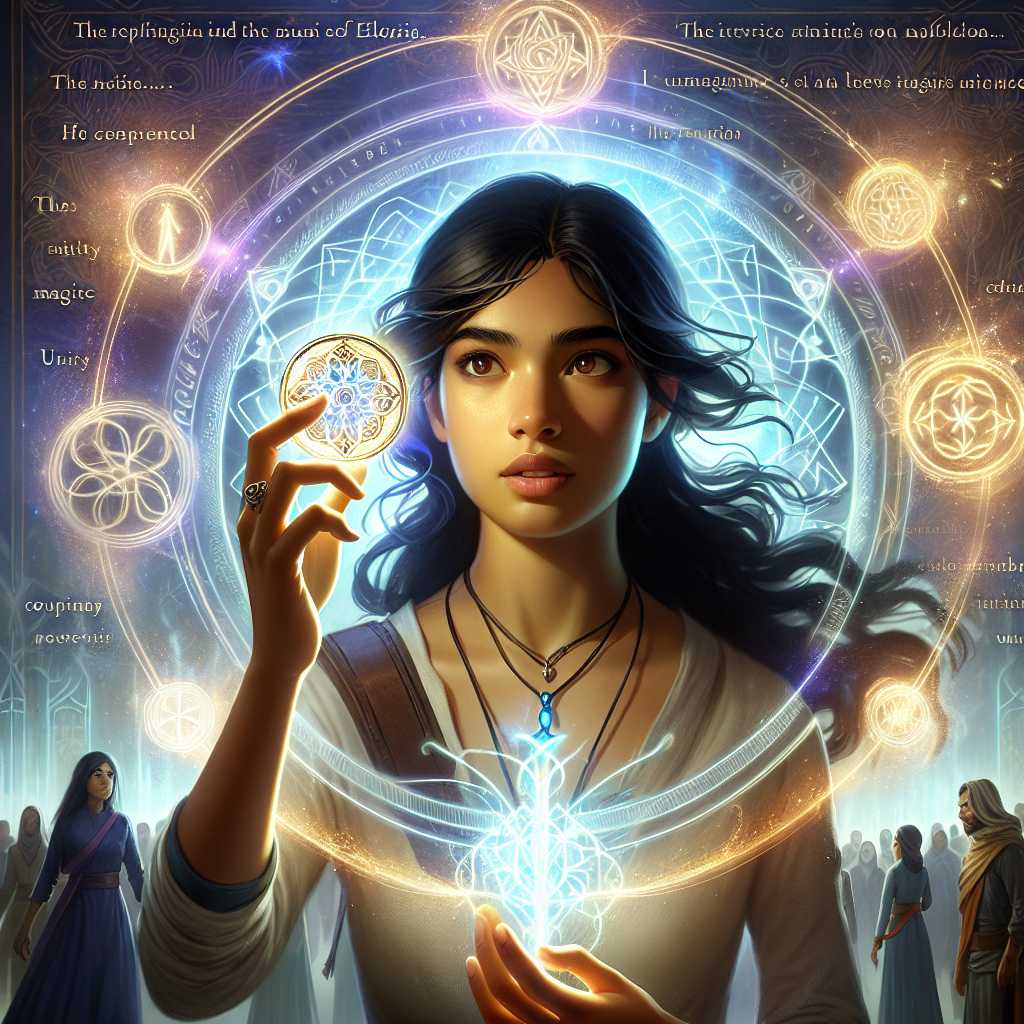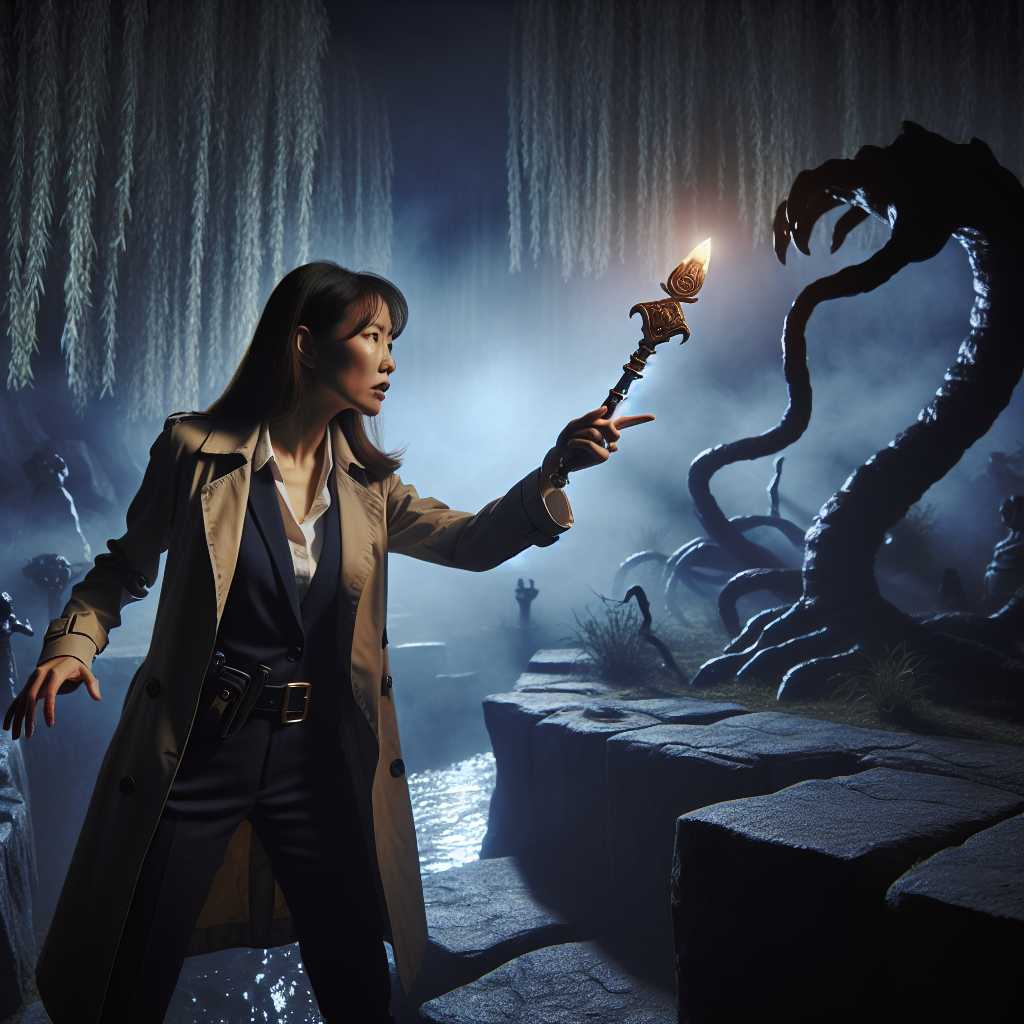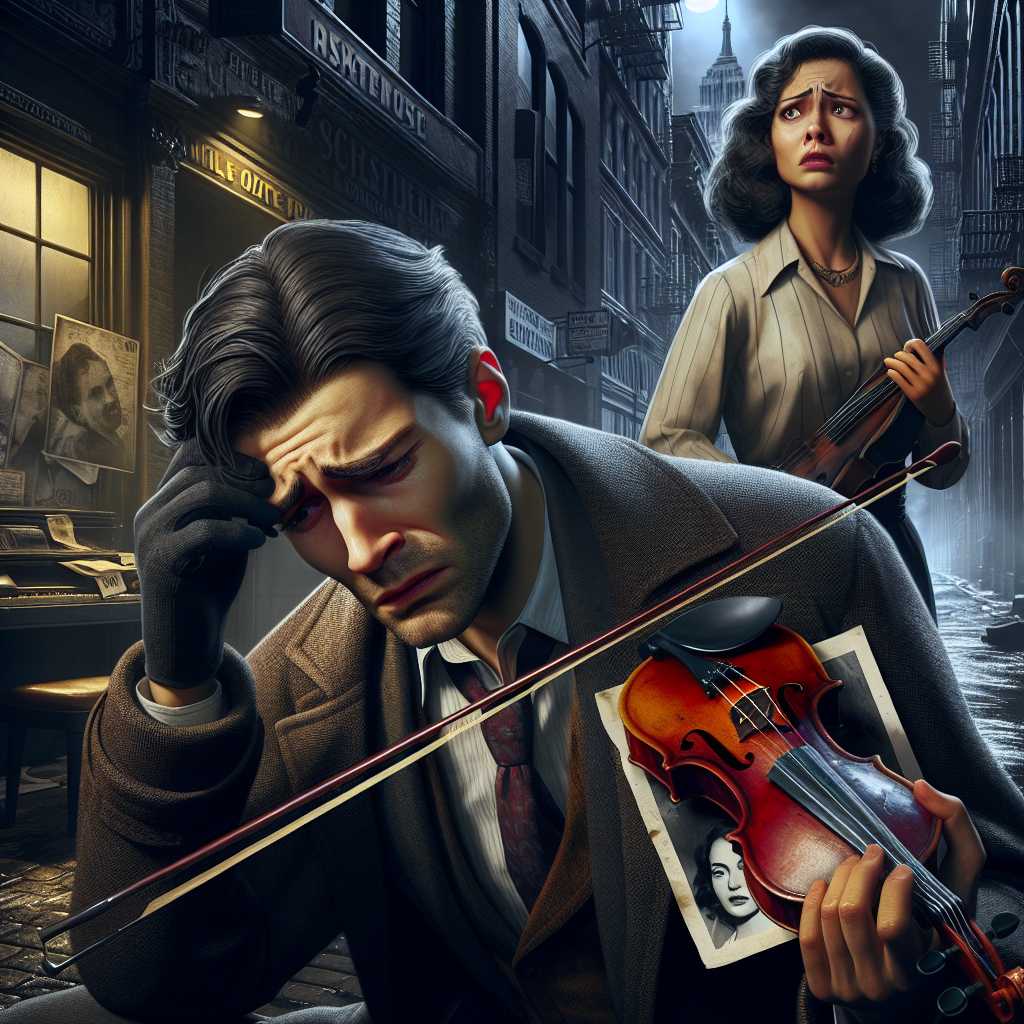
Once upon a time, in the quaint and cobblestoned town of Pierston, there was a violinist whose melodies could melt the harshest of hearts. His name was **Julian Arkwright**, known solemnly among the townsfolk as The Enchanting Minstrel. Julian would often perform in the marketplace, weaving symphonies that hung in the air like whispers of magic.
The townspeople adored him. Children with wide eyes watched in awe; elders sat reminiscing of lost loves as they let the notes wash over their memories. But Julian was as mysterious as he was talented, entrusting only a few with the secrets of his past. But on that mist-laden morning in October, Julian had disappeared without a trace, leaving behind only his precious violin, strings trembling with silence.
"Julian Arkwright has never missed a day of playing," remarked Edith Mulligan, the owner of the local bakery, her voice heavy with concern. "It's like the soul of Pierston has gone missing."
The townsfolk, anxious and puzzled, mulled over Julian's sudden absence. Speculations ran wild. Some whispered tales of adventure, while others conjured dark stories of abduction by the mischievous forest spirits known to wander the woods by night.
It was not long before a young detective by the name of **Clara Rutherford** was called upon to unravel this enigma. Clara, a woman of sharp intellect and sharper instincts, had grown up in Pierston and knew its nooks and crannies like the back of her hand. She took the case to heart, fueled by a personal affection for the tunes that had defined her childhood summers.
The investigation began in Julian's humble abode, a little cottage on the outskirts of the town, where the whispering winds seemed to speak of secrets untold. Clara stepped inside and found herself enveloped by an eerie calm. The room was orderly, almost meticulously so, except for a single chair that lay on its side, and an open letter on the table, its words as potent as poison.
"I have known too much pain, and now I must find peace," the letter read, signed in hasty scrawl, "J.A."
Clara furrowed her brow. Julian's life was brimming with melancholy, but such despair? It didn't add up. With determination kindled in her eyes, Clara set out to follow every lead, every faint clue, starting with the last place Julian was seen—the marketplace.
The cobblestones, now damp with mist, echoed with the sound of her footsteps as Clara neared the market. She approached Morgan, the blacksmith, who was busy with his morning tasks, a towering figure with hands as strong as steel yet heart as gentle as a lullaby.
"Julian was playing his usual tunes the night before," Morgan recounted. "But there was something different—a minor note he repeated over and over, as if lost in its melancholy."
Clara nodded, committing every detail to her mental notes. The minor note, its sorrowful echo—did it have a significance beyond the visible? Leaving Morgan with a promise of return, Clara continued to the next stop: the notorious Old Willow Inn, a place of shadows and whispers, where past and present coalesced over pints of ale.
A hushed conversation led her to **Greta**—an old tavern keeper with eyes like embers—said to know every whispered secret in Pierston. Greta was polishing glasses, her expressions a dance of wisdom and weariness.
"Young Julian was here three nights ago," Greta murmured, leaning closer as if speaking to the shadows. "He met a stranger, a foreign gentleman, talking in hushed tones. A letter exchanged hands."
Clara felt the rush of a lead coursing through her. The stranger—unknown, perhaps even dangerous—could they have led Julian away? She wanted to unravel every tangled thread, but intuition tugged at her: back to Julian's humble abode.
Under the soft glow of the evening sun, Clara returned to the cottage, her eyes scanning every corner, every shadow. By the mantel, a painting caught her attention—a portrait of a lady, serene and kind-eyed. An unobtrusive note beneath the frame blurred into view: "For my dearest Lydia, always."
Moments later, her gaze drifted to the open letter again. "Known too much pain...I must find peace." But there was more to the letter than seen before—a faint watermark, almost invisible in the dim light. "Longitude 34.7640, Latitude -92.4133'
This was the clue she had been waiting for—a geographical spot, an elusive coordinate. Hastily, Clara mapped it, leading her to the secluded edge of Pierston, where the woodlands thickened and the air smelled of earth and ancient stories.
There, just beyond the trees, disguised by nature's embrace, stood a cloistered healing retreat. Lydia, Julian's lost love from years of war, had resided there. Julian, burdened by memories and the need for closure, had sought solace, guided by the anonymous letter that promised a reunion—true at last.
With care, Clara respected the quietude of the place, understanding that some mysteries in life were never meant entirely to be solved. In the distance, a violin sang softly—a reunion of melodies and hearts beneath the veil of the woodland sky.
And thus, the town of Pierston learned the secret of Julian Arkwright, the Enchanting Minstrel, who had at last found harmony in a world woven by both love and sorrow.



